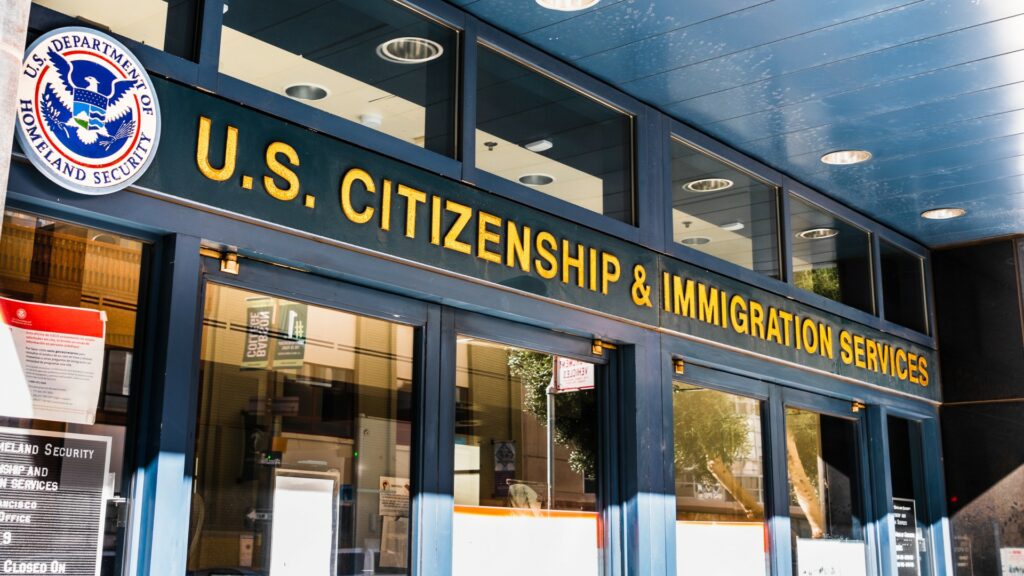United States Citizenship and Immigration Services (USCIS) has announced a key update that will benefit certain Employment Authorization Document (EAD) holders.
The organization said it was implementing a temporary final rule that will increase the length of automatic extensions of employment authorization for certain EAD renewal applicants to as many as 540 days. The change is effective May 4, 2022.
Prior to the implementation of this temporary rule, certain EAD applicants were eligible for an automatic extension of their EAD for up to only 180 days past their EAD expiration, if they timely filed their EAD renewal application and met all other eligibility requirements. However, recent excessive delays at USCIS service centers — some of which post current processing times between 18.5 and 22 months — have resulted in lapses in work authorization. The new temporary rule will help alleviate such lapses by extending the automatic work authorization from 180 days to up to 540 days.
“As USCIS works to address pending EAD caseloads, the agency has determined that the current 180-day automatic extension for employment authorization is currently insufficient,” USCIS Director Ur M. Jaddou said in a statement. “This temporary rule will provide those noncitizens otherwise eligible for the automatic extension an opportunity to maintain employment and provide critical support for their families, while avoiding further disruption for U.S. employers.”
The temporary rule only applies to EAD applicants who are currently eligible for the automatic extension of 180 days upon a timely filed EAD renewal application, including Adjustment of Status applicants and certain nonimmigrant spouses. To benefit from the temporary rule, the applicant must have a currently pending EAD renewal application with USCIS, which was timely filed before their EAD expired, or the applicant must timely file their EAD renewal application between May 4, 2022, and October 27, 2023.
The temporary rule provides such eligible applicants with a total of up to 540 days of automatic work authorization from the date their most recent EAD expires. Additionally, applicants whose cases are still pending and whose 180-day automatic extension period has already expired will receive extended employment authorization, which will begin on May 4 and last up to 540 days from the expiration date listed on their expired EAD. They can resume working in the United States on May 4 as long as they still meet all other eligibility criteria.
For I-9 purposes, employers are advised to review the M-274 Handbook for Employers for guidance on completing employees’ I-9 forms in accordance with this new temporary rule.
Per the USCIS statement, the automatic extension generally will end upon notification of a final decision on the renewal application or the end of the up to 540-day period (meaning, up to 540 days after the expiration date on the applicant’s facially expired EAD), whichever comes earlier. Beginning October 27, 2023, the automatic extensions and EAD validity will revert to the 180-day automatic extensions.
USCIS said in a statement the new change was implemented because of case backlogs within the organization, which stem from the COVID-19 pandemic and other factors. The organization had more than 9.5 million pending applications as of late March 2022, according to CBS News.
“USCIS continues to work through pending caseloads that were exacerbated by the COVID-19 pandemic,” the statement from USCIS read. “This timeframe will allow USCIS an opportunity to address staffing shortages, implement additional efficiencies, and meet Director Jaddou’s recently announced goal of achieving a three-month cycle time for EAD applications (generally comparable to a median three-month processing time) by the end of FY23.”
The attorneys at Garfinkel Immigration continue to monitor USCIS updates closely and will alert clients as circumstances evolve.

